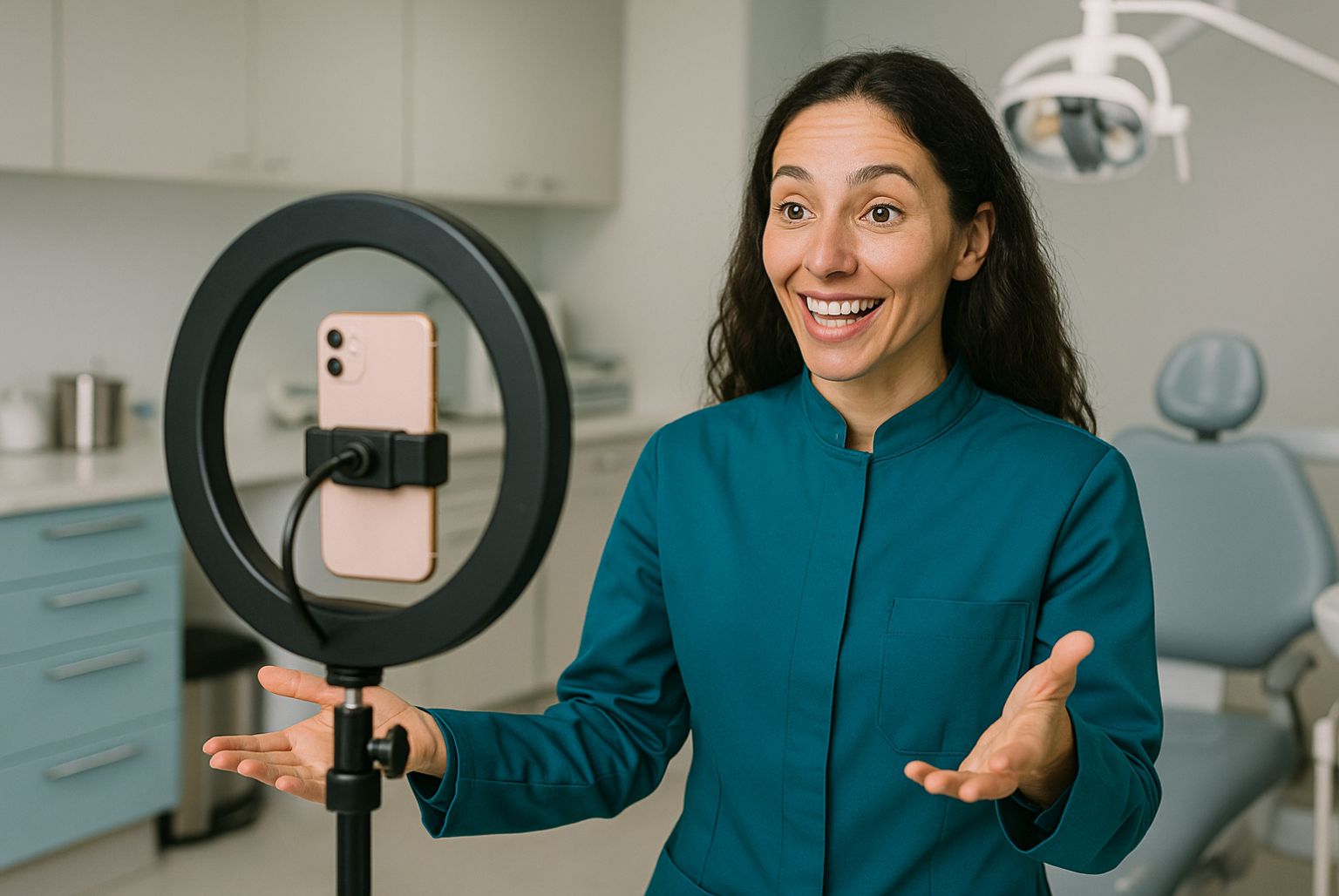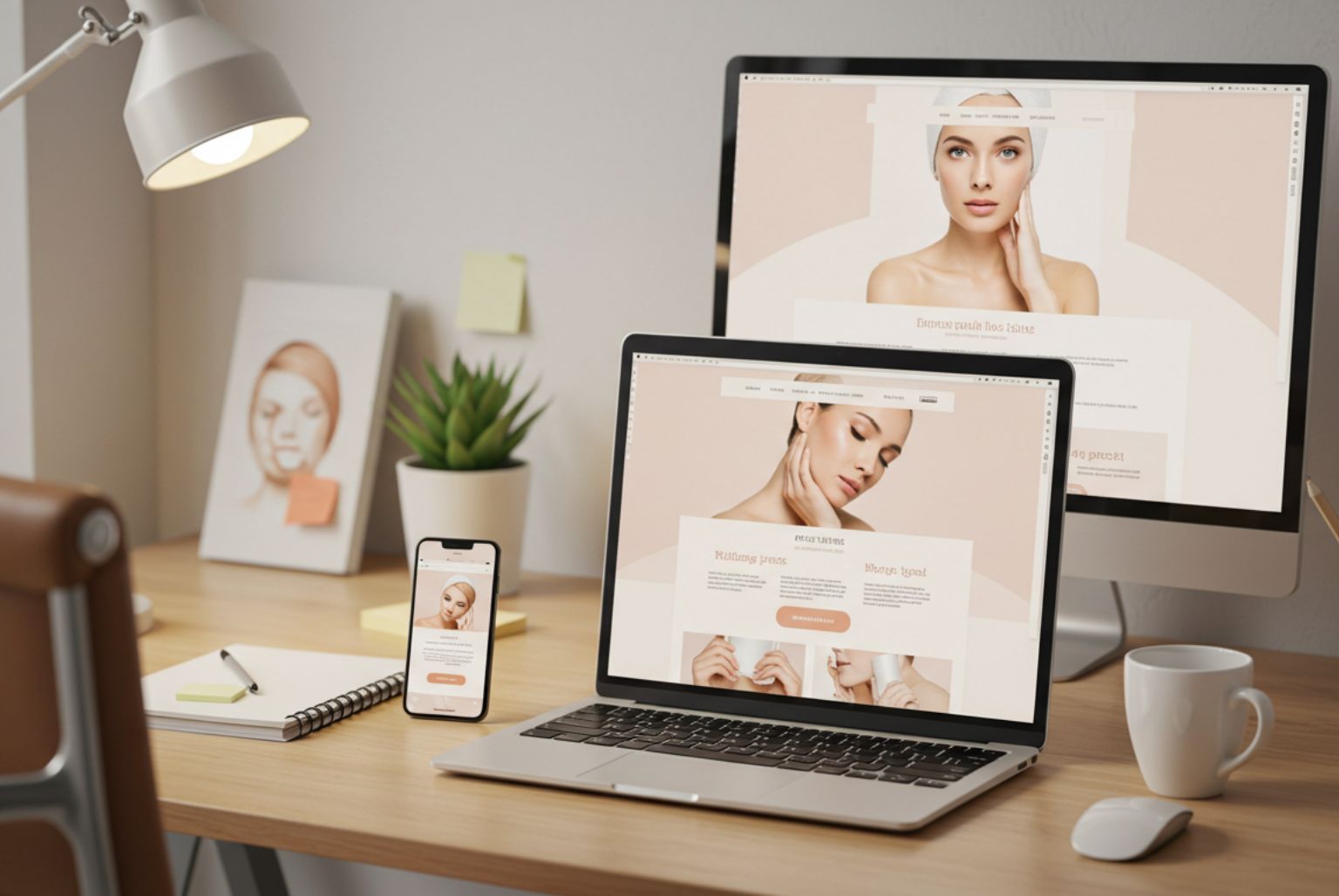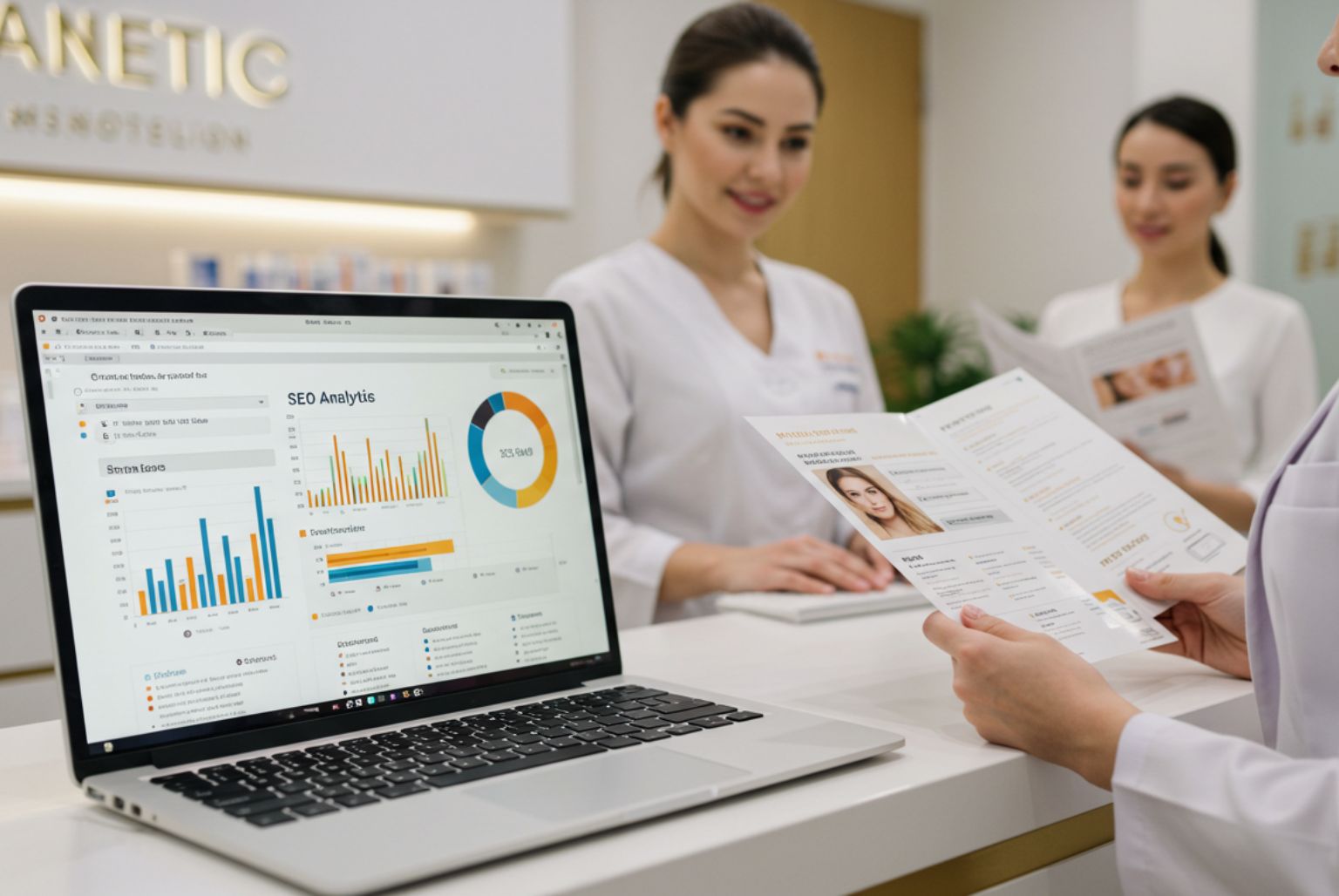How many of us self-diagnose?
Whenever we want to find out information, look up our favourite restaurant or purchase a product, we turn to Google. It makes sense, then, that 39.3 million of us here in Britain use Google to self-diagnose.
Why is self-diagnosing a bad thing?
Typing symptoms into a search engine is nothing new, but it does cite some worrying trends. Google is designed to show relevant content to searchers based on complicated algorithms (much of which is a closely-guarded secret), but it doesn’t have – yet – the capability to offer a professional opinion on a medical concern, and it won’t offer results purely based on how reputable a website is (this, we know, is only part of what’s built into its algorithms). Potential patients, then, are possibly accessing misinformation or not getting the advice, information or help they urgently need.
It’s also worth mentioning the proportion of the population who are hypochondriacs: placed at between 2-5%. With 39.3 million self-diagnosing with Google – more than half Britain’s population – it’s safe to assume that a large percentage have health anxiety, with no discernible ‘symptoms’ at all, yet no relevant advice on how to manage what can be an incredibly debilitating mental condition. There’s even a name for this new group: ‘cyberchondriacs’.
How is self-diagnosis changing?
In the current covid landscape, self-isolation, quarantining and ‘stay at home’ warnings have changed the way we live – if not forever, then certainly in the long-term. The media has reported previously about the pandemic putting a strain on medical services, disrupting appointments, operations and follow-ups, while clinics in the dental, medical and aesthetics sectors have at best been triggered to adapt, and at worst been forced to close. Where do those potential patients go instead? The answer, it would seem, is Google.
Why are more people self-diagnosing?
The internet is fast, easily accessible and always available – and most of us carry a version of it around in our pockets. People also recognise the pressure on the NHS during the pandemic – in a 2020 survey, 30% said they use Google instead of contacting healthcare services for this reason.
It’s also well-documented that some of the population has a fear of the doctor’s. 23% surveyed gave this reason for using Google over their GP or 111 service. Incredibly, 59% revealed that they would consult Google before a doctor.
How can our industry challenge this?
Whether you’re in the aesthetics, healthcare or dental sector, self-diagnosis could be affecting your livelihood and endangering your patients. But even with restrictions on appointment numbers and social distancing measures in place, you can still be present for your patients through means like virtual consultations, and of course, it helps to have a website that’s as accurate and up-to-date as possible. We’re also actively adding more health and skincare diagnostic tools to our clients’ websites that can help you gather the necessary information on your patients ahead of an appointment, which in turn can help direct them to the best care.
How Cosmetic Digital can help
We’re experts in digital marketing, covering everything from website builds to social media posting and Google Ads. We can help your patients find the right information and support, wherever they are in their treatment journey, helping ensure they get the best care and attention.
Get in touch with the team by calling 01159 140 640 or visiting our contact page.
SOURCES
psychreg
everydayhealth




